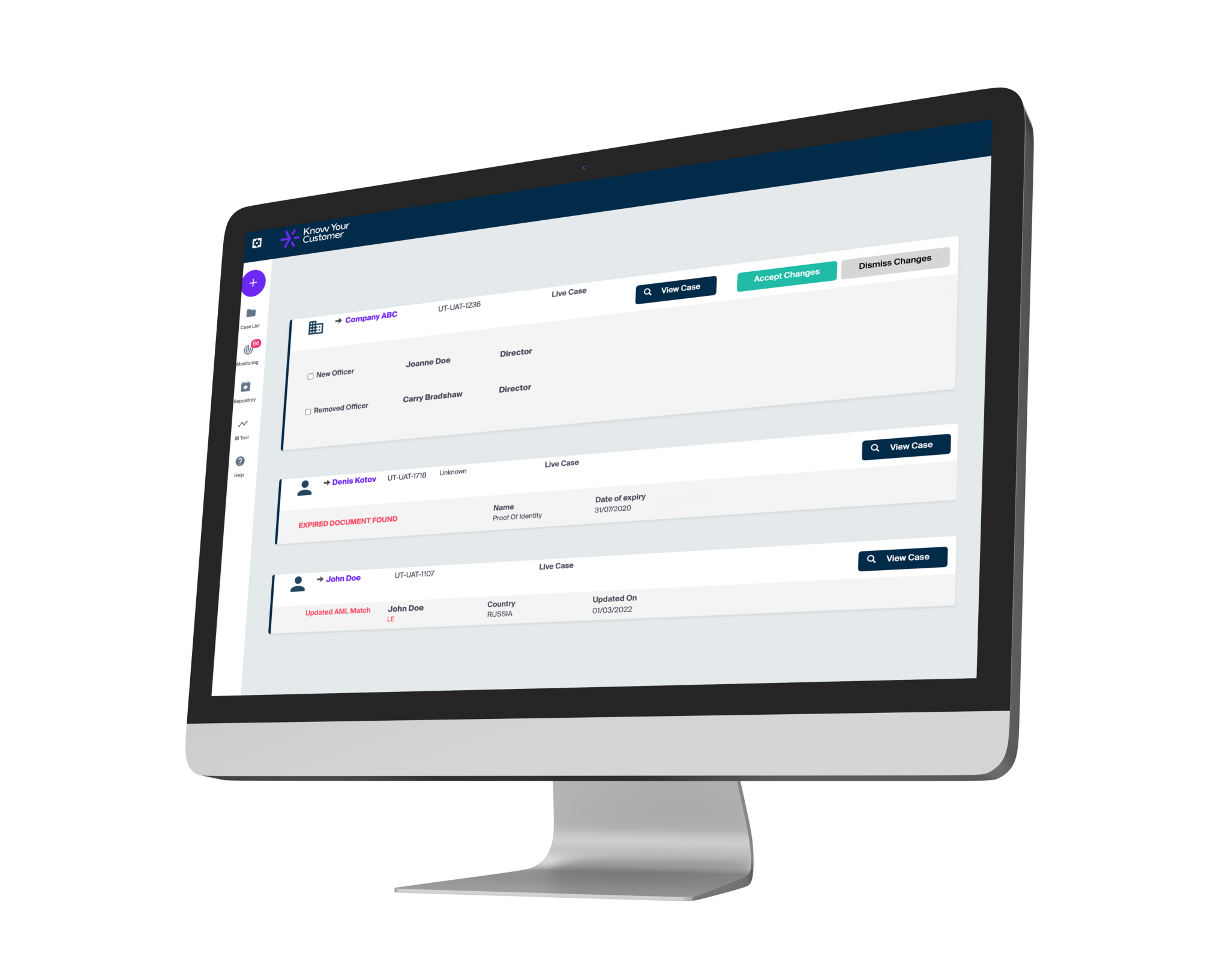Over the past few days, Western countries have responded to the attack on Ukraine by Russia with multiple economic measures. The objective is to destabilise Russia’s economy and hobble its connectivity to the global financial system.
So far, the European Union, the UK, the US and their allies have introduced various sanctions targeting hundreds of Russian nationals and companies. Selected Russian banks have also been cut from the international SWIFT system for cross-border payment processing.
As intended, these governments’ decisions are also forcing businesses in the West to cut ties with Russian organisations. For instance:
- Stoxx, the operator of Deutsche Börse’s Qontigo indices, is to axe 61 Russian companies from its indices;
- British oil giant BP said it is “exiting” its $14 billion stake in Russian oil giant Rosneft;
- Germany suspended the Nord Stream 2 pipeline as it seeks to wean itself off Russian gas;
- MSC and Maersk, the world’s two largest container shipping groups, have suspended cargo bookings to and from Russia, following similar moves by rival groups Ocean Network Express and Hapag-Lloyd.
In this context, more and more financial institutions, manufacturers and service providers around the world are also looking to quickly sever ties with Russian businesses and effectively adapt their processes to the new compliance requirements.
But where should they start? This article provides guidance for both:
- Financial Institutions
- Manufacturers and other Service Providers
Considerations for Financial Institutions
Compared to other businesses, financial institutions are the most likely to already have AML screening and KYC/KYB procedures in place to meet their standard regulatory requirements. However, it is not unusual for these checks to still rely on mostly manual, time-consuming or static processes, putting the business at risk of non-compliance.
Hence, as the conflict unfolds and new and more stringent sanctions are introduced, it is essential to act fast and address potential gaps in the existing process in a timely manner.
To play their part, financial institutions may want to immediately take the following steps:
In the case of individual customers, whose name and date of birth rarely change, compliance teams can screen existing contacts fairly easily and deal with any potential matches as required.
However, the situation is more complicated for financial institutions dealing with corporate customers. A sanctioned company or individual could be hiding under several ownership layers in a corporate structure.
Additionally, companies being dynamic entities by nature, the shareholding structure might have changed since the last scheduled review. So, banks might be performing AML screening on shareholder information that has since become out of date.
For this reason, compliance teams may want to prioritise and perform full KYB reviews of business clients, regardless of what review date had been previously set.
Considerations for Manufacturers and other Service Providers
From financial institutions, the impact of the new sanctions on Russia is quickly expanding to the overall private sector.
While banks are already used to AML supervision, manufacturers and other service providers might face greater challenges during this time. The circumstances may force these businesses to build new procedures from scratch and introduce unfamiliar technologies to carry out thorough checks on their partners and suppliers.
For these businesses, it might be helpful to:
How RegTech providers can help
By partnering with an experienced RegTech provider, compliance teams across all sectors can accelerate the introduction of new processes and automated solutions.
At Know Your Customer, we have already helped organisations across 11 sectors and 18 jurisdictions implement highly effective AML strategies in times of uncertainty.
Our award-winning technology enables compliance teams to:
- Easily map UBO charts across multiple jurisdictions
- Integrate on-going AML monitoring for always-on compliance
- Refresh KYC & KYB cases automatically to ensure data accuracy
- Upload back book of clients from multiple sources to centralise and automate due diligence reviews.
Shareholder Mapping and UBO Identification across Jurisdictions

Integrated AML Monitoring & Automated Business KYC Reviews

Ready to discover more?
Last updated on April 23rd, 2023 at 07:27 pm


